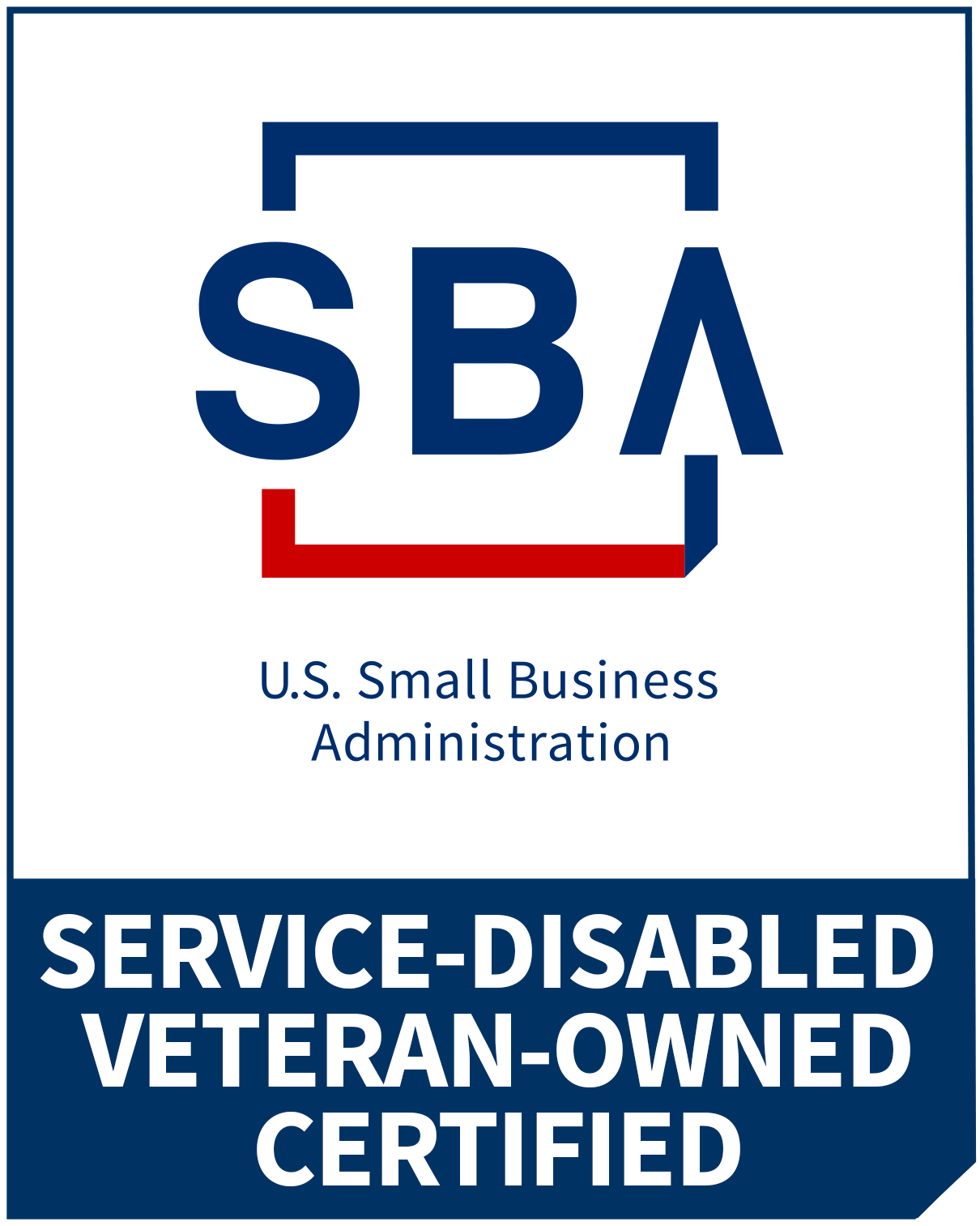A while back, I wrote an article that kind of cheekily suggested that we simply stop doing VoC.
For that matter, I kind of went on a speaking circuit with my snarky little message.
(The punch-line is, well, don’t actually stop doing VoC things like surveying your Customer or walking in your Customers’ shoes, or simply taking a look at what’s coming into your Customer Support queue…rather, if you’re not acting on what you learn there, you’re wasting your time and effort collecting those insights anyway. So save yourself the resources if you’re not going to improve anything as a result, and just keep your head buried in the sand. /sarcasm)
That got me thinking about the Voice of the Customer generally, but surveys in particular. There’s a lot of ink spilled on thought-pieces about VoC and how great these insights can be if you’re asking probing questions and listening with an ear to actually learn and grow from the feedback your Customers are willing to offer. After all, they say, feedback is a gift!
And sure, if your surveys (and other VoC devices) are offering you specifics, details, validation and verification, that’s a great thing. Hopefully they’re giving you a great vehicle for answering those “Why?” questions you have about how you’re doing. Likely they’re offering deeper insights into where you can go within your organization to better align your Customers’ experiences with your Brand Promise. Ideally they’re acting like a laser, directly precisely where you need to go to deliver on that Brand Promise. Indeed: Don’t stop doing VoC.
But here’s the thing:
If your VoC program is providing revelations, I think you may have an issue. Seriously. If you review your survey results or delve into your verbatims or take a look at your focus group results, and what you find actually shocks you, it’s already pretty late. Maybe not too late, but it’s late for sure.
The reason is, Voice of the Customer isn’t supposed to be your only view into what your Customers have to say about you and where you’re falling short. Yes, it’s incredibly valuable, and the from-the-horse’s-mouth nature of direct Customer feedback is helpful when it comes to validity and genuineness. But if what you get when you listen to your Customers comes as a huge surprise to you, well, what were you thinking all along?
It comes as a shock that your website is impossible to navigate… What? Have you never visited it yourself before?
Were it not for your Customers, you’d never know that the check-out experience in your brick-and-mortar locations is a congested hassle… What? Have you never been there?
Hold times in your contact center are egregiously long during the afternoon… What? Never bothered to look at time-of-day volumes compared to staffing?
Tons of brands waste a lot of time and effort on their VoC programs because they don’t appreciate the value of Customer Insights demonstrated by the fact that they never do anything with those insights. Lots of other brands (and some of the same) spend way too much on their VoC programs, overthinking the importance of this or that fancy new way of collecting Customer Insights. Still others are putting all their chips in with some form of VoC rather than believing their own eyes.
Maybe what I’m saying is (as I’ve said a million times) to make sure you’re Walking in your Customers’ Shoes. But I think even that is downstream from the bigger point: If you’re surprised by what you find there even, perhaps you’re disconnected from not only your Customers, but also your own processes. What your Customers have to go through to interact with you should be at least to some degree, imaginable based even on your view from inside your organization. You can tell (at least to some extent) that something will be a pain in the neck for your Customers as you’re building a process. Use that intuition to gauge whether or not that design is correct. Sure, walk through the steps from your Customers’ perspective. But also keep that in mind from the start. And keep it in mind as you design your processes from the inside.
The bottom line is that, if you’re discovering shortcomings and gaps thanks to your Customers pointing them out to you, that’s good as long as you’re taking action when you do learn this. But it’d be even better if you intuited it before it negatively impacts them. For that matter, if these sorts of things are out-of-the-blue for you when you do learn them (from your Customers), that’s partly on you.





